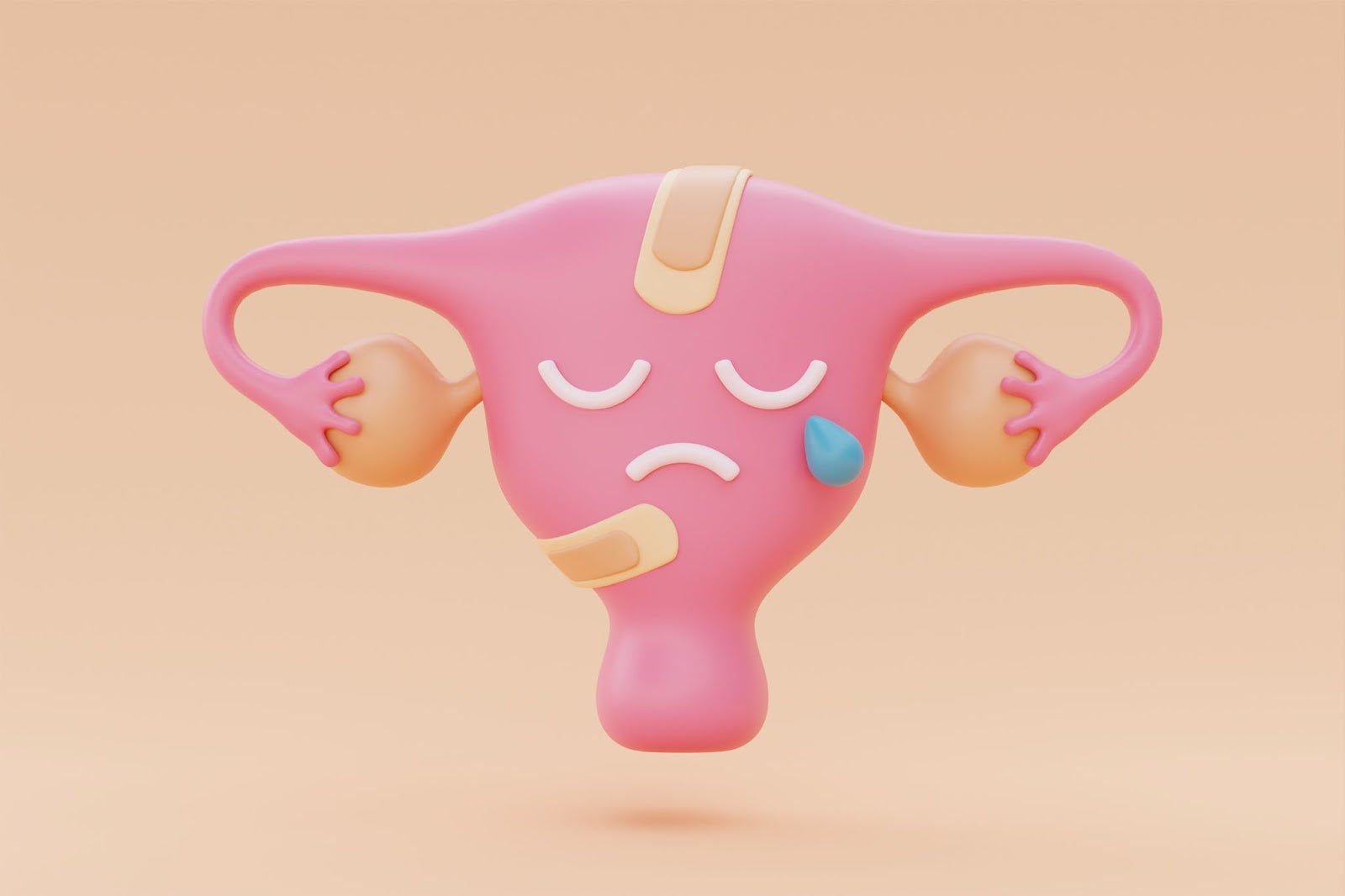Women across the globe face a growing burden of hormonal and reproductive disorders, with Polycystic Ovary Syndrome (PCOS) and Polycystic Ovary Disease (PCOD) being the most common. Polycystic Ovary Syndrome (PCOS) and Polycystic Ovary Disease (PCOD) are often confused, yet they represent different conditions.
PCOS is a complex endocrine disorder characterised by hyperandrogenism, ovulatory dysfunction, and metabolic disturbances, while PCOD is a broader term that may include various ovarian conditions, including PCOS.
Although these terms are often used interchangeably, they refer to conditions with distinct features, underlying mechanisms, and clinical implications. Understanding the differences is crucial for effective management and long-term health.
PCOS vs. PCOD: What’s the Difference?
|
Feature |
PCOS |
PCOD |
|
Type |
Endocrine-metabolic disorder |
Ovarian hormonal imbalance |
|
Severity |
More severe, systemic effects |
Milder; often resolves with lifestyle changes. |
|
Impact on Ovulation |
Irregular or absent ovulation |
Delayed or occasional ovulation |
|
Fertility |
Can cause infertility |
Rarely causes infertility. |
|
Metabolic Link |
Strong link to insulin resistance and obesity |
Less metabolic involvement |
|
Hormonal Imbalance |
Elevated androgens (testosterone) |
Mild hormonal disturbances |
Altered Mechanisms in PCOS and PCOD
1. Hormonal Imbalance
-
Hyperandrogenism: Women with PCOS have elevated levels of male hormones like testosterone, leading to acne, hirsutism, and scalp hair thinning.
-
Luteinizing Hormone (LH) Surge: In PCOS, the LH: FSH ratio is typically greater than 2:1, disrupting ovulation.
2. Insulin Resistance
-
Seen in up to 70% of women with PCOS, insulin resistance impairs glucose metabolism and promotes fat storage and androgen excess.
3. Ovarian Dysfunction
-
In PCOD, the ovaries produce immature or partially mature eggs, often leading to small cysts. PCOS may or may not involve cyst formation, but it includes anovulation and menstrual irregularities.
4. Inflammatory State
-
Chronic low-grade inflammation is now recognised in PCOS, contributing to cardiovascular risks and metabolic syndrome.
Resolutions: How to Manage PCOS and PCOD
1. Lifestyle Modification
-
Diet: A low-glycemic index diet rich in fibre, lean protein, and healthy fats helps manage insulin resistance.
-
Exercise: Regular physical activity improves insulin sensitivity, weight control, and ovulation frequency.
-
Weight Management: Even a 5–10% reduction in weight can restore ovulatory cycles and improve metabolic markers.
2. Supplementation and Nutritional Support
-
Inositol (Myo-inositol and D-chiro-inositol): Improves insulin sensitivity, ovarian function, and egg quality.
-
Omega-3 fatty acids: Reduce inflammation and improve lipid profiles.
-
Vitamin D: Plays a role in hormonal regulation and insulin sensitivity.
-
Magnesium and Zinc: Support hormone balance and reduce oxidative stress.
Suggested Supplements at PicPax
3. Medical Therapy
-
Oral contraceptives: Regulate menstrual cycles and reduce androgen symptoms.
-
Metformin: Often used to improve insulin resistance and restore ovulation in PCOS.
-
Clomiphene citrate / Letrozole: For ovulation induction in women trying to conceive.
Conclusion
While PCOD is primarily an ovarian condition with hormonal irregularities, PCOS is a broader metabolic-endocrine syndrome with systemic implications. Understanding the differences helps in early diagnosis and personalised treatment strategies. Lifestyle changes remain the cornerstone, complemented by targeted supplementation and, when necessary, medical therapy.
By addressing root causes such as insulin resistance, inflammation, and hormonal imbalance, both conditions can be effectively managed, empowering women to reclaim control over their health. Support your journey with the PicPax PCOS Balance Vitamin Pack, specially formulated to promote hormonal harmony, support ovarian function, and enhance overall well-being.



